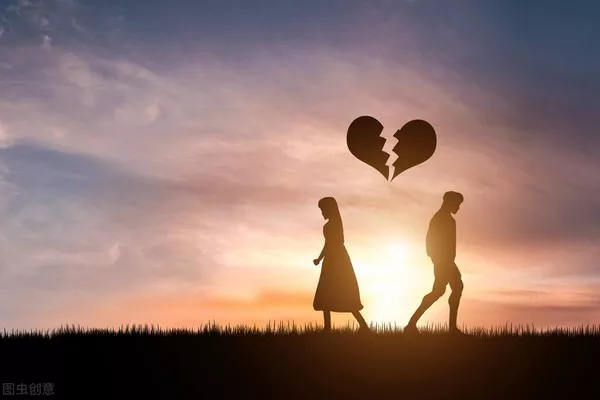Love is a timeless phenomenon that transcends boundaries and defies logic. It’s a force that can sweep us off our feet, leaving us feeling exhilarated, vulnerable, and deeply connected to another person. But how soon can you fall in love? Is there a timeline for matters of the heart, or does love operate on its own enigmatic schedule? In this article, we delve into the complexities of love and explore the various factors that influence how quickly it can blossom.
The Speed of Love
Love has a reputation for being unpredictable and spontaneous, often catching us by surprise when we least expect it. While some people may fall in love quickly, experiencing an intense and immediate connection with a new partner, others may take longer to develop feelings of love and attachment. The speed at which love develops can vary widely depending on individual personalities, experiences, and circumstances.
Circumstances and Timing
The circumstances and timing of a romantic encounter can play a significant role in how quickly love develops between two individuals. For example, meeting someone during a period of personal growth or transition may heighten feelings of vulnerability and openness, leading to a deeper emotional connection. Similarly, shared experiences or challenges can bring people closer together, accelerating the development of love and attachment.
Personality Traits and Attachment Styles
Individual personality traits and attachment styles can also influence how quickly someone falls in love. People who are more emotionally expressive, spontaneous, and open to new experiences may be more prone to falling in love quickly, as they are often more willing to embrace vulnerability and emotional intimacy. Conversely, individuals with avoidant or anxious attachment styles may take longer to develop feelings of love, as they may struggle with trust issues or fear of rejection.
See Also: What are the symptoms of being in love?
Chemistry and Compatibility
Chemistry and compatibility are crucial factors in determining how quickly love can develop between two people. Physical attraction, shared interests, and emotional resonance can create a strong foundation for love to flourish, sparking feelings of excitement, passion, and connection. Conversely, mismatches in values, goals, or communication styles may hinder the development of love, leading to feelings of ambivalence or uncertainty.
The Role of Infatuation
Infatuation, often characterized by intense attraction and idealization of a romantic partner, can mimic the feelings of love in the early stages of a relationship. While infatuation can be exhilarating and all-consuming, it is not synonymous with genuine love, which requires time, emotional intimacy, and mutual trust to develop fully. Infatuation may fade over time, giving way to deeper feelings of love and attachment, or it may dissipate entirely as partners get to know each other more intimately.
Cultural and Societal Influences
Cultural and societal influences can also shape our perceptions and experiences of love, influencing how quickly we fall in love and the expectations we have for romantic relationships. In some cultures, arranged marriages or traditional courtship rituals may prioritize stability and compatibility over passionate love, leading to slower development of romantic feelings. In other cultures, romantic love is celebrated as the ultimate expression of human connection, leading to a greater emphasis on intense and immediate romantic attraction.
Personal Experiences and Trajectories
Our personal experiences and trajectories in life can profoundly impact how quickly we fall in love and the depth of our emotional connections with others. Past relationships, childhood experiences, and family dynamics can shape our beliefs, expectations, and fears surrounding love and intimacy, influencing our ability to open ourselves up to new romantic opportunities. Traumatic experiences or unresolved emotional wounds may also inhibit our capacity to trust and connect with others, slowing down the process of falling in love.
The Intersection of Love and Timing
Ultimately, the question of how soon you can fall in love is intertwined with the concept of timing – both in terms of external circumstances and internal readiness. Love has a way of finding us when we least expect it, often defying our preconceived notions of when and how it should happen. While some people may fall in love quickly, others may take longer to develop feelings of love and attachment, and both experiences are equally valid and meaningful.
Embracing the Journey of Love
Regardless of how quickly love unfolds, it’s essential to embrace the journey and trust in the natural progression of relationships. Love is a dynamic and evolving phenomenon that requires patience, understanding, and open communication to thrive. Whether love blossoms quickly or takes time to develop, what matters most is the depth of connection and mutual respect between partners, as well as the willingness to nurture and sustain the love that grows between them.
Conclusion
Love is a profound and transformative force that knows no bounds or timelines. While some people may fall in love quickly, experiencing an intense and immediate connection with a new partner, others may take longer to develop feelings of love and attachment. The speed at which love develops can vary widely depending on individual personalities, experiences, and circumstances. By embracing the complexities of love and trusting in the natural progression of relationships, we can cultivate deeper connections and experience the transformative power of love in all its forms.
Related topics:



























